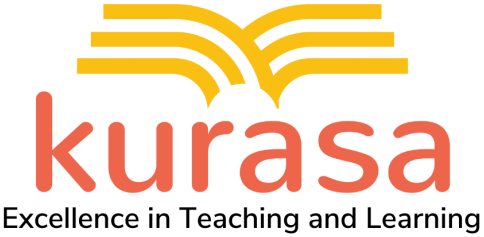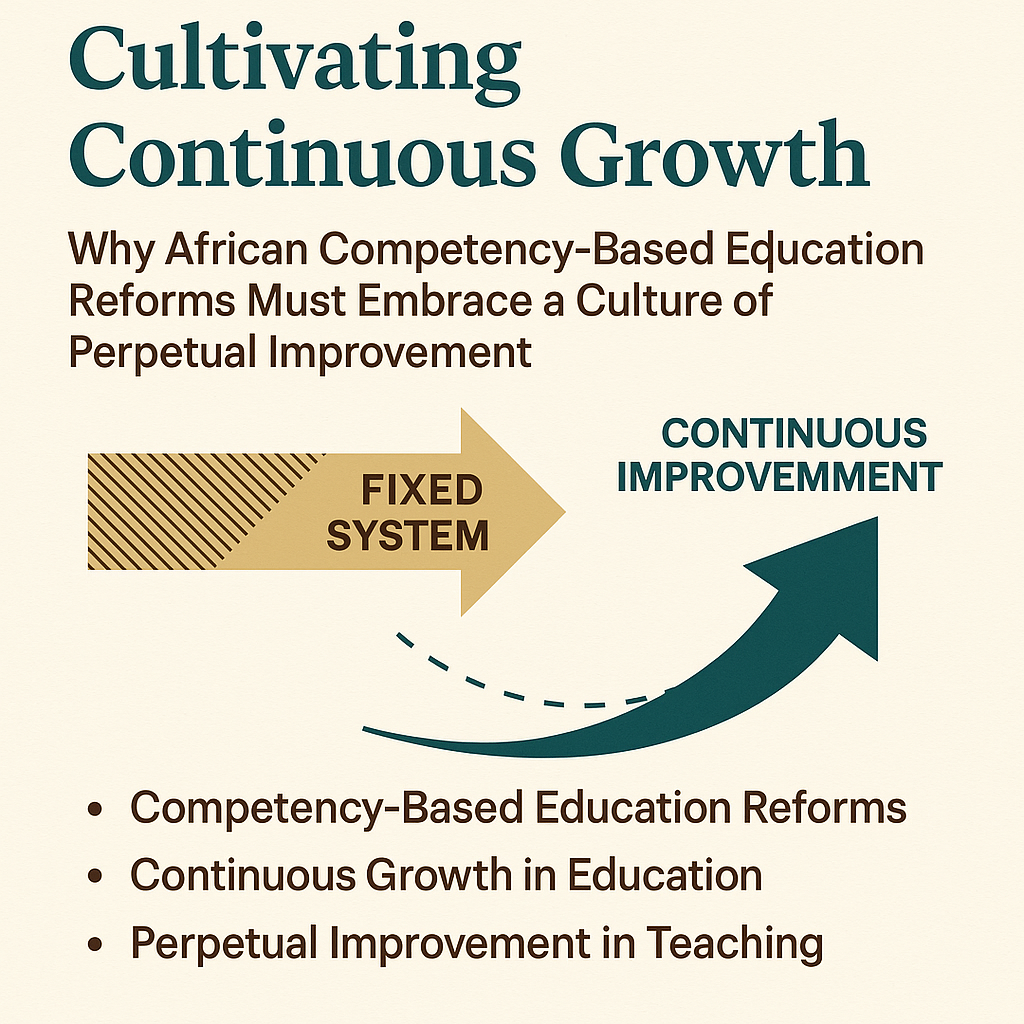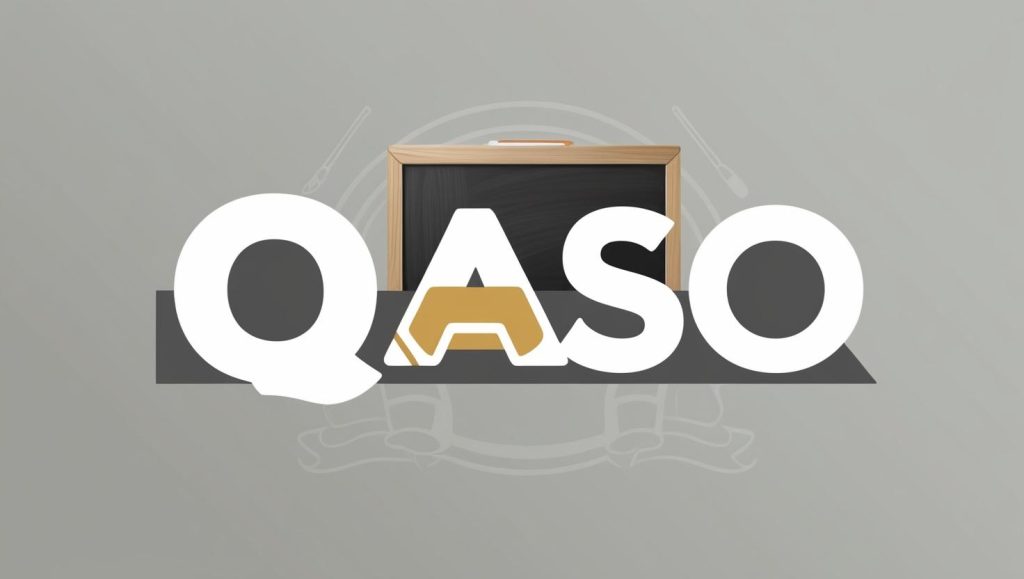
Lesson planning is a cornerstone of effective teaching, especially within the Competency Based Curriculum (CBC) framework. As educators strive to meet the diverse needs of their students and align instruction with curriculum goals, mastering the art of lesson planning becomes essential. In this comprehensive guide, we’ll explore effective strategies for CBC lesson planning, empowering educators to create engaging, meaningful, and impactful learning experiences for their students.
Understanding the Competency Based Curriculum (CBC):
Before delving into specific strategies for lesson planning, it’s crucial to understand the core principles of the Competency Based Curriculum. Unlike traditional curriculum models, CBC focuses on developing a wide range of competencies, including critical thinking, creativity, communication, collaboration, and citizenship. Lessons within the CBC framework are designed to be learner-centered, flexible, and tailored to meet individual student needs.
Strategies for Effective Lesson Planning in CBC:

- Start with Clear Learning Objectives: Begin each lesson by clearly defining the learning objectives aligned with CBC competencies. These objectives should be specific, measurable, achievable, relevant, and time-bound (SMART), guiding both teaching and assessment.
- Prioritize Student Engagement: Design lessons that actively engage students in the learning process. Incorporate hands-on activities, group discussions, problem-solving tasks, and real-world applications to foster active participation and deeper understanding.
- Differentiate Instruction: Recognize and accommodate the diverse learning needs of students by incorporating differentiation strategies into lesson planning. Offer varied instructional methods, materials, and assessment options to support students at different readiness levels.
- Integrate Cross-Curricular Connections: Foster interdisciplinary connections by integrating multiple subject areas into lesson plans. Explore opportunities to address CBC competencies across various subjects, promoting holistic learning experiences.
- Utilize Inquiry-Based Learning: Embrace inquiry-based learning approaches that encourage students to ask questions, investigate, and explore topics independently. Design lessons that promote curiosity, critical thinking, and problem-solving skills.
- Incorporate Real-World Relevance: Make learning meaningful and relevant by connecting lessons to real-world contexts, issues, and experiences. Explore local examples, case studies, and current events to demonstrate the practical applications of classroom learning.
- Assessment for Learning: Embed formative assessment strategies throughout the lesson to gauge student understanding and inform instruction. Use a variety of assessment tools, such as quizzes, discussions, projects, and portfolios, to provide ongoing feedback and support student progress.
- Promote Collaborative Learning: Create opportunities for collaborative learning experiences within the classroom. Encourage peer interaction, group work, and cooperative activities that foster communication, teamwork, and social skills development.
- Embrace Technology Integration: Leverage educational technology tools and resources to enhance lesson planning and delivery. Incorporate digital resources, multimedia presentations, interactive simulations, and online platforms to enrich learning experiences and engage digital-native students.
- Reflect and Adapt: Continuously reflect on lesson effectiveness and student learning outcomes. Gather feedback from students, colleagues, and self-assessment to identify strengths, areas for improvement, and opportunities for future refinement.

Effective lesson planning is essential for creating meaningful learning experiences within the Competency Based Curriculum (CBC). By employing the strategies outlined in this guide, educators can design engaging, student-centered lessons that promote deep understanding, critical thinking, and competency development. As educators embrace these effective lesson planning strategies, they empower students to thrive in an ever-changing world and become lifelong learners.
Remember, the heart of effective lesson planning lies in the dedication to meeting the diverse needs of every student and inspiring a love for learning that transcends the classroom walls.


